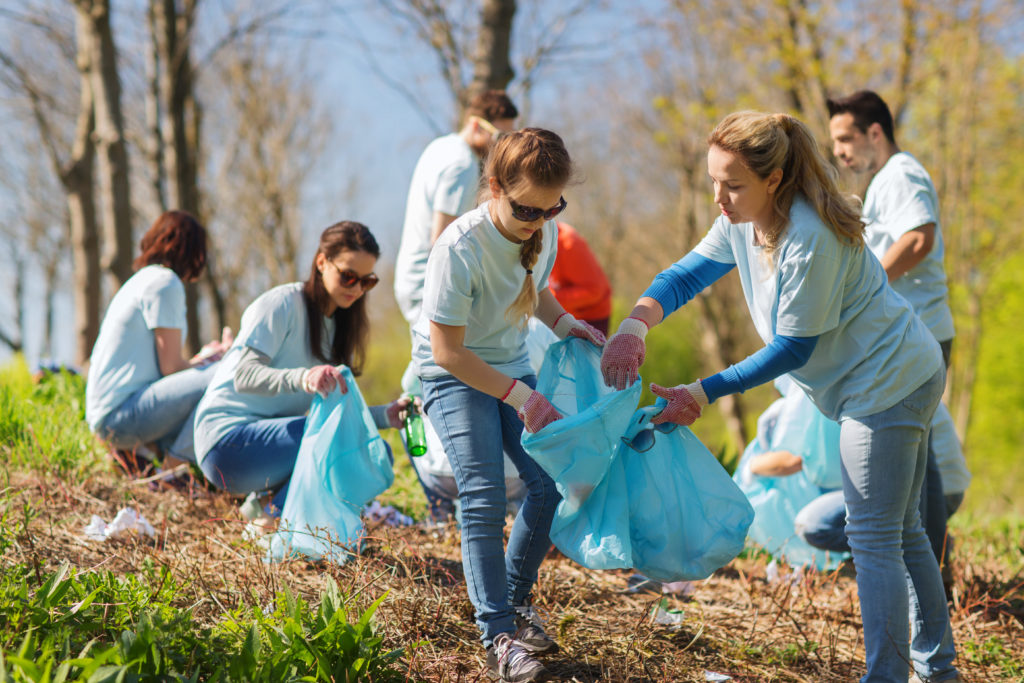
Social Activities and Health Literacy
Does one key to better health and wellness lie in social behaviors like voting and volunteering? Researchers behind a report published in BMC Public Health (2016; DOI: 10.1186/s12889-016-3621-9) think so.
The report, which featured data from the 2003 National Assessment of Adult Literacy, aimed to understand factors related to adults’ comprehension of health matters, aka health literacy. Among its many data points, the NAAL offered information on the health literacy and relational social class, social resources and social objective resources of 18,000 respondents. After controlling for certain variables, the sample size was reduced to 14,592 respondents.
Here are several findings from the analysis:
- Health literacy level rose a quarter point for every additional $1,000 in median
household income. - Older individuals tended to have lower health literacy scores than younger ones.
- Scores increased four points for each additional level of educational advancement.
- Individuals who engaged in civic activities like voting, using the library and volunteering tended to have higher health literacy than those who did not.
“The positive effect of civic engagement on health literacy suggests that participation in important civic activities like voting and volunteering involve connecting with one’s community in ways that promote health literacy or attention to health affairs,” the authors said.
They advocated for increased awareness of social engagement as a possible avenue for improving health awareness, which may lead to overall health improvements: “Social connections provide an opportunity to become aware of as well as increase confidence and willingness to seek out available health resources. Understanding how positive health literacy flows from civic engagement may offer a counterpoint to a risk approach to health literacy, which focuses on a deficit model.”